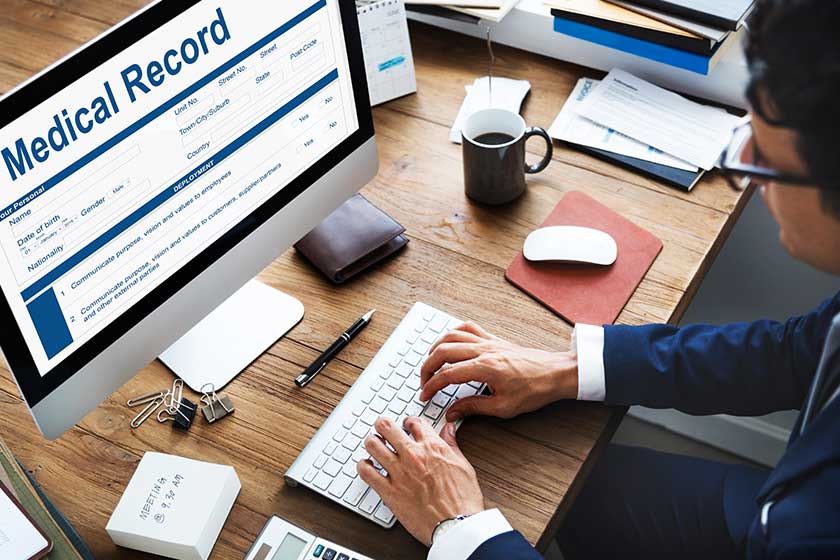Picture this: you’re sitting with your aging parent in their cozy retirement community, reminiscing about the good old days and enjoying each other’s company. As you navigate the world of elderly care, it’s important to consider the various aspects that contribute to their well-being. One such aspect that often goes overlooked is the importance of maintaining the elderly’s medical records. In this blog post, we’ll explore the reasons why you should keep your elderly parent’s medical records close at hand, and how they can prove invaluable for their care and overall health.
Comprehensive Care and Continuity
When your parent transitions from a retirement community to a specialized care community, their healthcare provider may change. By keeping their medical records, you ensure that the new healthcare team has access to their complete medical history, enabling them to provide comprehensive and personalized care. These records include details about allergies, medications, past surgeries, and chronic conditions, which are vital for informed decision-making and accurate diagnoses.
Informed Decision-Making
As your parent ages, they may encounter various health-related decisions that require your input or the input of other family members. Having access to their medical records allows you to make well-informed decisions regarding treatment options, surgeries, or interventions. These records provide valuable insights into their health status, enabling you to understand the risks, benefits, and potential outcomes of different medical interventions.
Improved Healthcare Outcomes
Older adults often juggle multiple healthcare providers, including primary care physicians, specialists, and therapists. With access to their medical records, each healthcare professional can collaborate effectively, resulting in coordinated and streamlined care. This comprehensive approach can lead to improved healthcare outcomes, as potential gaps in treatment or conflicting medication prescriptions can be identified and addressed promptly.
Emergency Situations
In the event of a medical emergency, having your aging parent’s medical records readily available can be a lifesaver. Emergencies can be chaotic and stressful, making it difficult to recall vital health information accurately. By providing medical professionals with the necessary records, you empower them to make quick and informed decisions, potentially saving precious minutes and ensuring appropriate and timely treatment.
Long-Term Health Monitoring
Monitoring your parent’s health over time becomes easier when you have access to their medical records. Regular check-ups and screenings can be compared to previous results, allowing healthcare providers to track any changes or patterns. This data is especially valuable when managing chronic conditions or age-related health concerns, as it helps in identifying early warning signs and taking proactive measures to prevent further complications.
Conclusion
Keeping your aging parent’s medical records is a small yet significant step towards ensuring their well-being and receiving the best possible care. These records provide comprehensive information, support informed decision-making, and improve healthcare outcomes. Whether it’s for continuity of care, emergency situations, or long-term health monitoring, the elderly’s medical records are an invaluable resource that empowers both you and their healthcare team. By safeguarding these records, you’re helping to secure a brighter and healthier future for your elderly loved ones.







